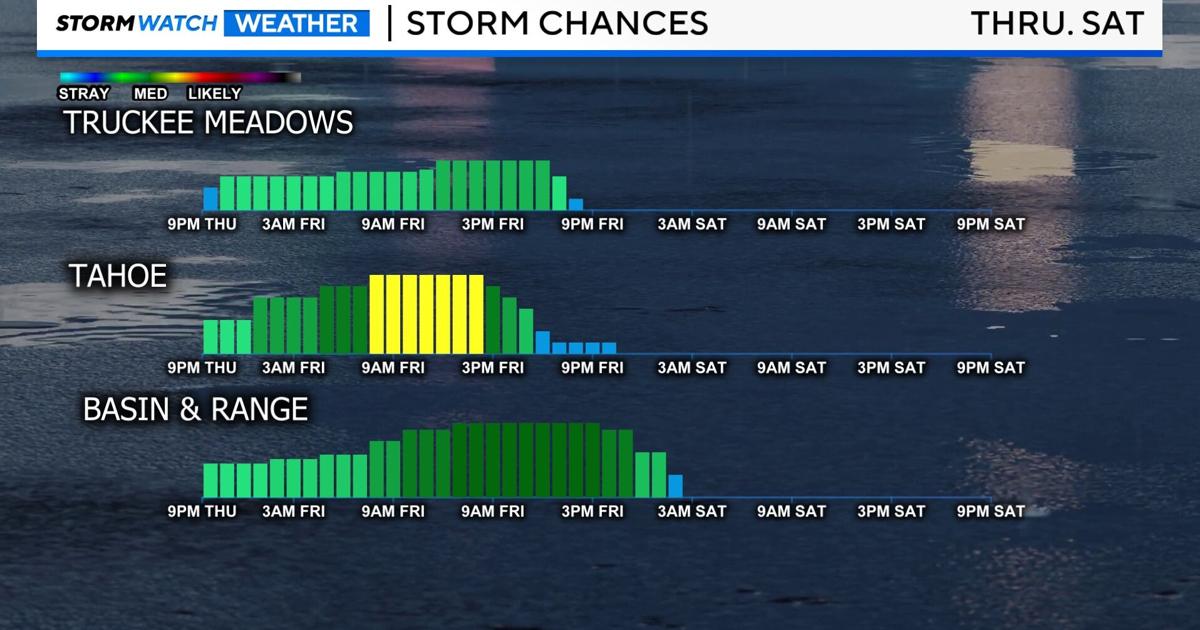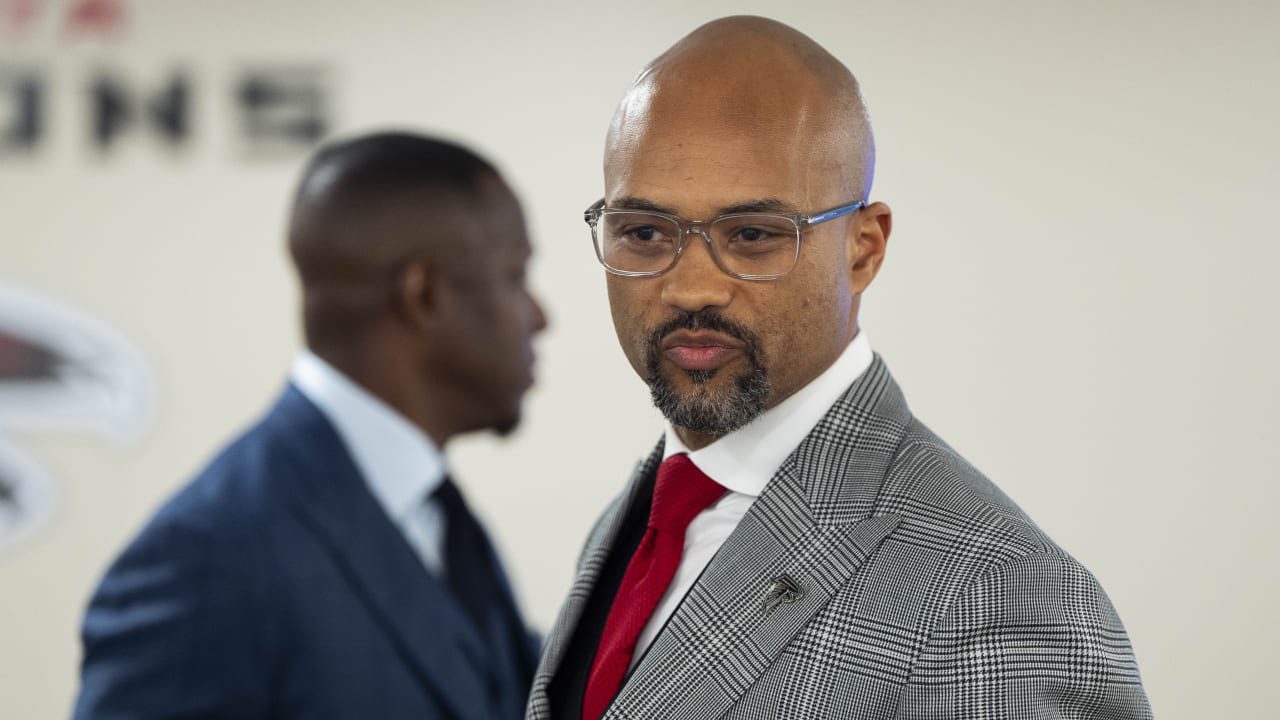
U.S.
Man who recorded fatal shooting of Ashli Babbitt on Jan. 6 sentenced
Entertainment
Hawaii’ Canceled by CBS After 3 Seasons
Mars probe spots “spider” shapes in Martian Inca City
Science
The European Space Agency reported a surprising finding in a region of Mars known as Inca City, in which dark shapes resembling …
Autism and gender dysphoria are caused by hormones babies are exposed to in the womb, experts claim
Health
By Alexa Lardieri U.S. Deputy Health Editor Dailymail.Com 20:36 26 Apr 2024, updated 21:04 26 Apr 2024 The disorder of gender dysphoria …
Columbia president faces key vote of censure from faculty as protests continue nationwide
U.S.
4:15 p.m. ET, April 26, 2024 UT Austin puts Palestine Solidarity Committee on “interim suspension” From CNN’s Ashley Killough Pro-Palestinian demonstrators face …
Lori Loughlin Talks Moving on After College Admissions Scandal
Entertainment
Lori Loughlin Gilbert Flores/Variety/Getty Images Five years after the sensational college admission scandal that landed her in federal prison for nearly two …
Russia Is Rushing Reinforcements Into Its Ocheretyne Breakthrough
World
The Ukrainian army’s 115th Mechanized Brigade in training. Ukrainian army photo Six days after breaking through Ukrainian lines west of Avdiivka, Russian …
FTC accuses Bezos and other Amazon executives of deleting text messages
Business
The Federal Trade Commission is accusing Amazon founder Jeff Bezos and other top company executives of using disappearing messaging apps such as …
Thanks to Fallout 4’s disaster update, GOG’s patch rollback feature makes it the best version of the game right now
Technology
Fallout 4’s next-gen update has been an unmitigated disaster on PC: in exchange for practically no improvements, many non-Creation Club (read: paid) …
Dave Canales admits Xavier Legette was the Panthers’ target all along
Sports
South Carolina receiver Xavier Legette gave away the Panthers’ plan three days before the draft, saying Carolina had promised to draft him …


















